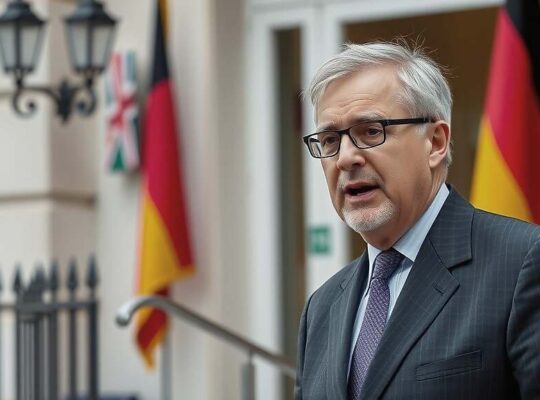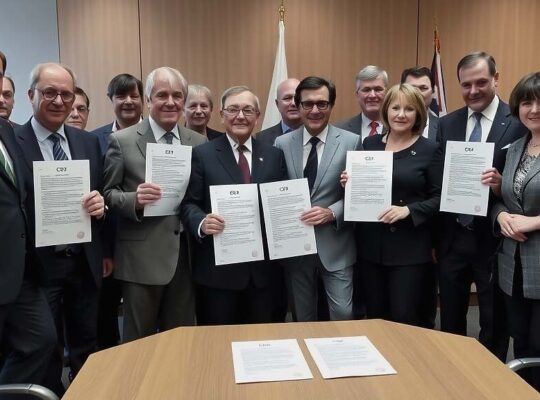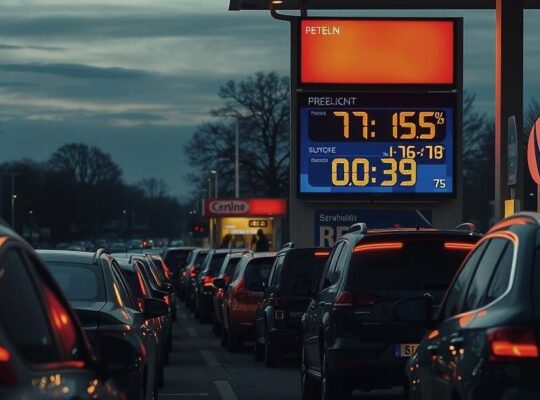A series of significant reforms across social welfare, pensions and infrastructure has been agreed upon by the German coalition government of the Christian Democratic Union (CDU) and Social Democrats (SPD), following a closed-door summit in Berlin. The agreements, while presented as necessary adjustments to Germany’s economic framework, are already drawing criticism for their potentially punitive approach to social support and questionable prioritization of infrastructure spending.
Central to the package is a radical overhaul of the “Bürgergeld” (citizen’s allowance) system, spearheaded by Chancellor Friedrich Merz. The move, framed as the creation of a “new basic security” system, introduces stringent sanctions for beneficiaries. The proposed changes include immediate reductions of 30% in benefits for the first missed appointment at a job center – doubling the current penalty – with further 30% reductions for subsequent failures. Tripled failures would lead to a complete cessation of payments, including support for rent. Furthermore, job seekers refusing suitable positions or failing to apply for designated roles face immediate benefit deductions, potentially escalating to complete withdrawal, a measure already flagged as requiring constitutional scrutiny due to limitations imposed by the Federal Constitutional Court regarding the temporal scope and linkage to specific job offers. Critics argue these measures represent a shift towards a more authoritarian approach to social welfare, punishing poverty rather than offering genuine support for reintegration into the workforce.
Agreement was also reached on the introduction of “Aktivrente” (active retirement), scheduled to begin on January 1, 2026. This initiative provides a €2,000 tax-free allowance for non-self-employed individuals reaching the statutory retirement age. Simultaneously, a new pension commission is to be established later this year, tasked with delivering proposals by the end of 2025 – a timeframe considered by some to be unrealistic given the complexity of pension reform.
On the infrastructure front, the coalition pledged to “exhaust all financing options” for existing transport projects and secured funding, including an additional €3 billion for new roads under the purview of Transport Minister Patrick Schnieder, despite his earlier demand for €15 billion. This allocation, however, is already sparking debate concerning the prioritization of road construction over investments in sustainable and public transport alternatives, particularly as it appears to side-step the contentious issue of the internal combustion engine phase-out. While a subsidy of €3 billion has been earmarked for low and middle-income individuals purchasing electric vehicles, a full consensus regarding the future of combustion engines remains elusive. The lack of concrete commitments in this regard appears to reflect a political compromise that may delay necessary action regarding Germany’s climate goals.
The reforms are expected to ignite a fierce political battle, with opposition parties already condemning the measures as overly harsh and designed to appease a conservative electorate. The long-term effectiveness and fairness of the changes remain to be seen, but the immediate impact is likely to be increased tension and a further polarization of German society.












